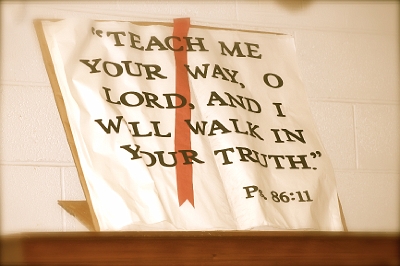 by Stephen Turley –
by Stephen Turley –
If Christians are to remain faithful to the biblical Gospel, we must once again affirm the public witness of the church, particularly in the field of education. For such an affirmation not only awakens the soul to the True, the Good, and the Beautiful, but in embodying the Truth, it exposes the state-financed educational system which denies Truth as what it is: a lie.
The emergence of classical Christian education over the last few decades has thrown into relief the question of the relationship between public education and Christian witness. With ninety-percent of children in the U.S. attending public schools, the modern pulpit appears generally indifferent on the issue of private vs. public education for its parishioners; indeed, one might say pastors are generally supportive of public education.
Perhaps the most common rationale for such support is that Christian students have the opportunity–indeed, the obligation–to be “salt and light”, to be “in but not of’ the world”. But what does a faithful Christian witness in public life demand of us when it comes to schooling? [Read more…]

 by G.K. Chesterton –
by G.K. Chesterton –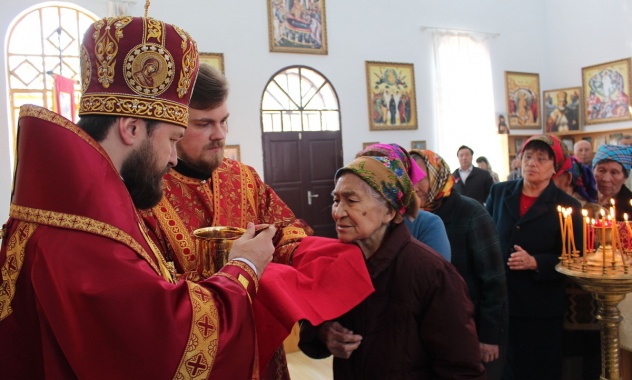 by Fr. Paul Gassios –
by Fr. Paul Gassios –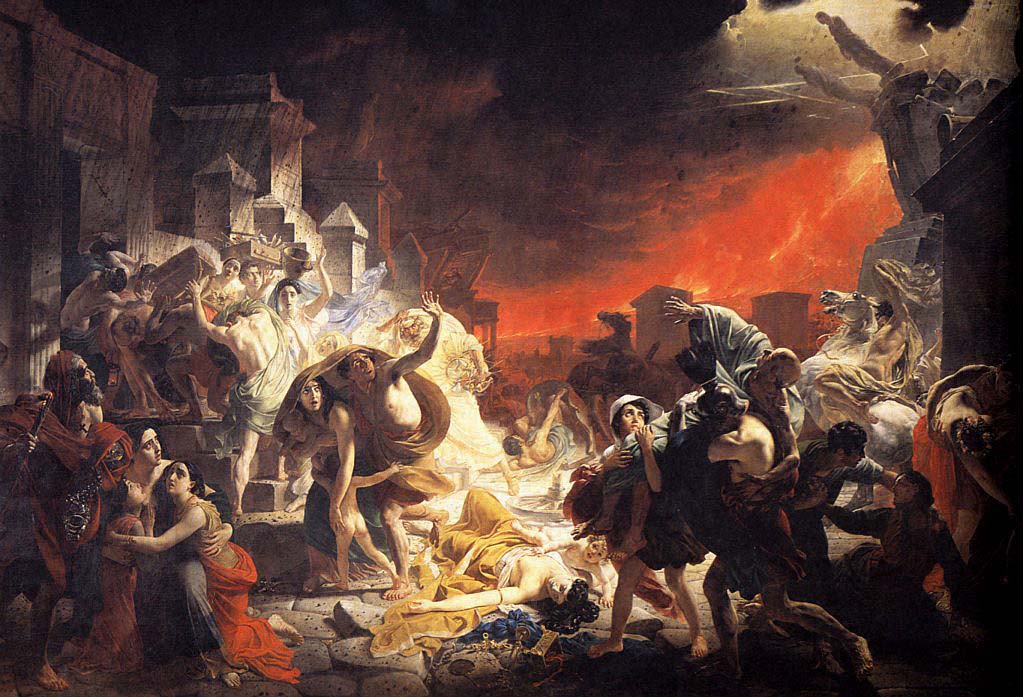 The teaching is clear and unchanging. Scriptures, Christian Saints, and Church Fathers warned the faithful that homosexuality is an unrighteous act, a mortal sin, an abomination. There is no lukewarm, duplicitous, ambiguous, or confused language in their preaching.
The teaching is clear and unchanging. Scriptures, Christian Saints, and Church Fathers warned the faithful that homosexuality is an unrighteous act, a mortal sin, an abomination. There is no lukewarm, duplicitous, ambiguous, or confused language in their preaching. 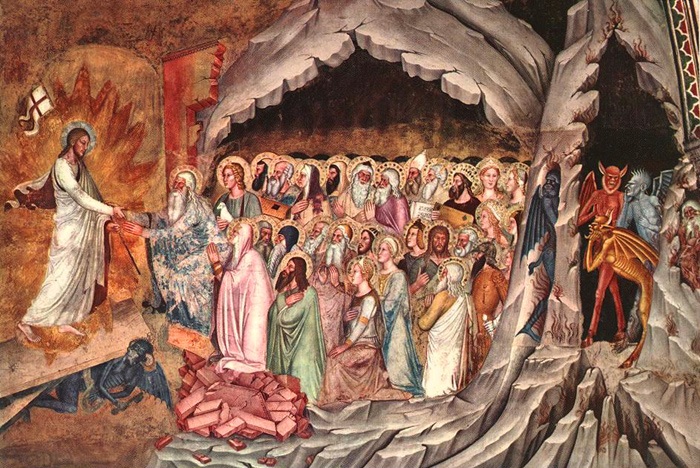 by Leon J. Podles –
by Leon J. Podles –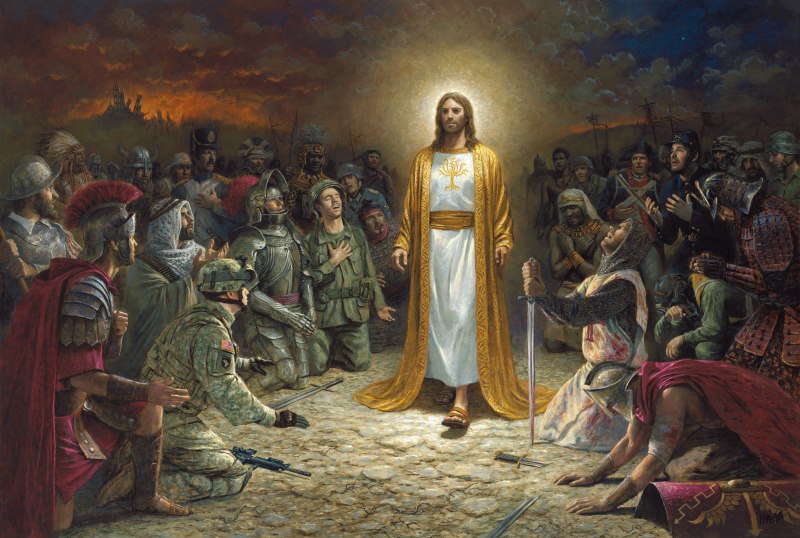 by David Mathis –
by David Mathis – by Joseph Sciambra –
by Joseph Sciambra –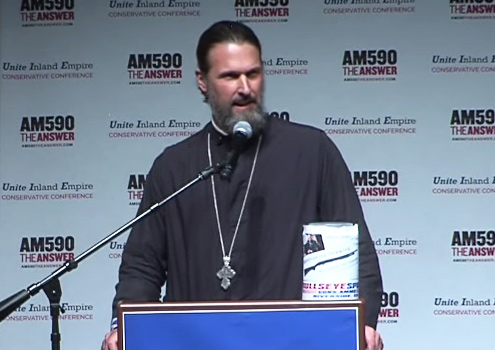 by Fr. Josiah Trenham –
by Fr. Josiah Trenham –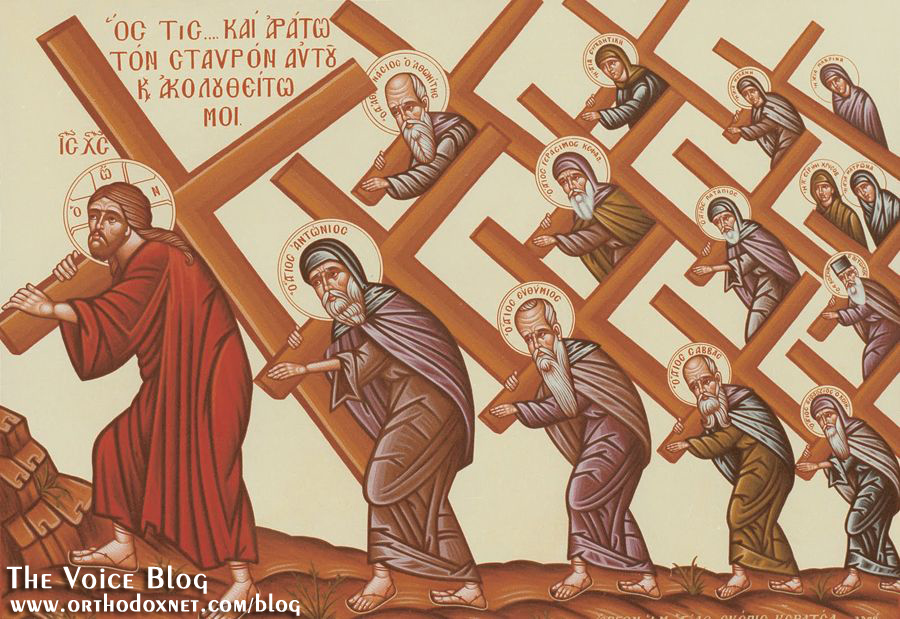
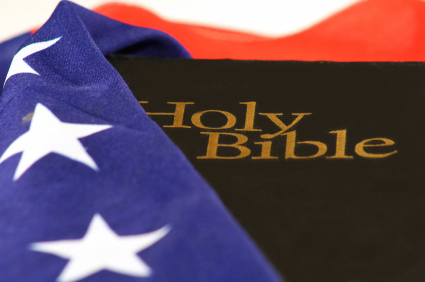 by Jeffrey T. Brown –
by Jeffrey T. Brown –